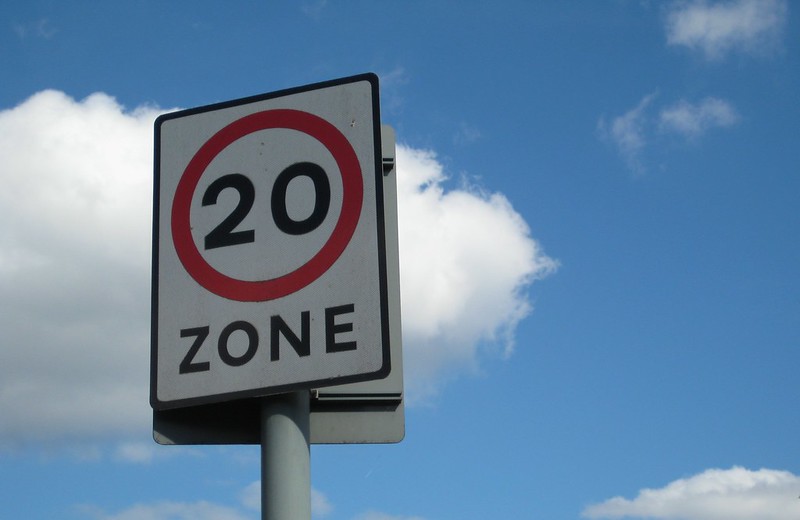The 20mph speed limit is set to be reversed across Wales amid public outcry but what does this mean for motorists, cyclists and pedestrians alike?

Wales was one of the first countries in the world to introduce a 20mph speed limit to roads in residential and built-up areas. But now this pioneering decision is very likely to be reversed as Cabinet Secretary for North Wales and Transport Ken Skates announced plans to revise the 20mph limit.
Skates revealed plans for a National Listening Campaign. Speaking in the Senedd on Tuesday Skates said, “We will listen to citizens; to bus drivers, emergency services, the police, to young people, vulnerable people, to businesses and to councillors in county, town and community councils, in order to understand their perspectives on road safety in residential areas.”
The campaign aims to listen to the people of Wales as following the decision to implement the 20mph limit many signed a petition calling for the Welsh Government to scrap the policy. It attracted a record breaking 469,571 signatures making it in the biggest petition in Senedd history. Many have taken to X (formerly Twitter) to share their opinion.
The National Listening Campaign will listen to communities to revise which roads can return to a 30mph speed limit. Skates said, “What I am doing now is listening to what people want for the roads in their communities, and pressing ahead with refining the policy and getting the right speed on the right roads.”
The original decision aimed to reduce the number of collisions and severe injuries from them, encourage walking and cycling to ultimately improve heath and well-being and make streets safer. Many disagreed, citing air pollution, fuel consumption and traffic congestion as problems that have arisen from the change.
The Welsh Government have released that the process has costs taxpayers an estimated £32 million so far with the reversal expected to cost between £3-5 million. Skates stands by the decision stating, “It’s not a U-turn. This is about refining and finessing a policy that will help make Wales safer. I think it’s important to be able to listen to people and show humility and accept where errors have been made.”
Citizens across Wales have divisive opinion on the matter, speaking to a resident who prefers to remain anonymous, they said, “I know drivers aren’t happy, using my mam as an example, there’s been a lot of frustration. She thinks it’s ridiculous. I’ve heard people moan about how bad it is for the engine to keep it consistently as such a low speed.”
Being an avid cyclist, they said, “Thinking of my last cycling experience, the behaviour of drivers was kind of abhorrent, but you rolled with it and tried to make sure you didn’t die. I’d imagine the fear of death is greatly reduced when everyone is driving at 20 mph.”
Regarding the reversal, they said, “I think the U-turn was inevitable and if the policy had been more stringently thought through it would of been clear that a one-size-fits-all approach wasn’t fit for purpose. How much public money was wasted due to this lack of attention to detail? Probably a bunch, and it’s not like councils have money to burn.”
Radio 4’s Evan Davis interviewed Skates on the revised policy asking his thoughts on how the Conservative government may use Labour run Wales as an example of how not to run a country. Skates responded, “I am in no doubt the Tories will misrepresent what is happening in Wales but the fact of the matter is they’d only need to look at their own policies to find policies that are unfit for purpose, whether it was the debacle of HS2, crashing the economy and refusing to apologise for it, showing no humility — At least here in Wales we can show compassion and understanding … crucially we listen to people.”
The revised policy is expected to be announced sometime in July once the National Listening Campaign has received data.
